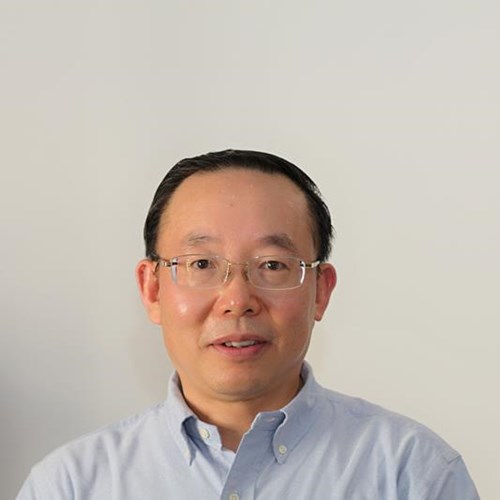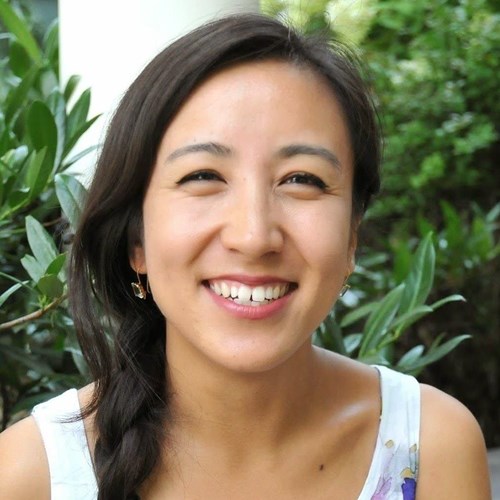Background
The Asia and the Pacific region is largely on track to achieve universal access to electricity. However, the UN Economic and Social Commission for Asia and the Pacific (ESCAP) estimates that approximately 21 percent of the population will remain without access to clean cooking in 2030
This deep dive workshop will highlight the opportunity for an accelerated clean cooking transition through improved planning approaches and tools that can enable country action and unlock finance towards achieving SDG7. The workshop will show through country examples how clean cooking can be incorporated into national energy access planning, and how data, evidence and intelligence, consumer awareness, and gender focused action can help de-risk the clean cooking sector for investments. The Asia-pacific region, which has significantly expanded access to electricity in the past 10 years, is familiar with eCooking solutions, with many households already using rice-cookers and electric stoves.
The workshop will also spotlight how promoting clean cooking and closing the electricity access gap can be merged into a Twin Opportunity of Electricity Spurring a Clean eCooking Transition by integrating eCooking into energy access planning. As governments and utilities and their partners seek to expand and make them cleaner, they have an opportunity to drive wider adoption of eCooking, while also stimulating electricity demand and improving the business case for new on- and off-grid connections.
The workshop will bring together representatives of partner countries and institutions, as well as utilities and the private sector with the aim of sharing their perspectives on integrated energy access planning including how to consolidate cooking (including eCooking) as a critical climate solution that also delivers on sustainable development outcomes and attract climate investment in the clean cooking sector.
Objectives
- To highlight opportunities for accelerated clean cooking transition at the country level;
- To demonstrate how clean cooking can be incorporated into national energy access planning; and
- To spotlight examples of focused actions that can help de-risk the clean cooking sector for investments.
- To demonstrate the need and the opportunity for increased finance in the sector: Carbon Markets and results-based finance for eCooking
AGENDA
9:00 - 9:15 a.m.
Introductory Remarks
Hongpeng Liu, Director, Energy Division, UNESCAP
Dr Kee-Yung Nam, Principal Energy Economist, ADB
9:15 - 9:25 a.m.
State of Clean Cooking in Asia Pacific Region and the Value of Integrated Energy Planning
Tamojit Chatterjee, Energy Specialist, SEforALL
9:25 - 10:30 a.m.
Country Deep Dives on the Increasing Prioritization of Expanding Access to Clean and Modern Cooking in National Energy Access Planning
Grace S. Yeneza, Consultant, Asian Development Bank – presentation on Increasing Access to Clean Cooking: Challenges and Prospects from the Philippine Perspective
Ugyen Rinzin, Engineer, Department of Energy, Ministry of Energy and Natural Resources, Royal Government of Bhutan – Presentation on State of Access to Clean Cooking in Bhutan and Promoting Electric cooking
Xaybandith Xayavong, Deputy Director of Cooperation Divison, Department of Planning and Cooperation, Ministry of Energy and Mines, Government of Lao People’s Democratic Republic
Surya Kumar Sapkota (PhD), Director, Planning and Monitoring Division, Alternative Energy Promotion Centre, Nepal
Interactive Session with audience Q&A (10 mins)
10:30 - 11:00 a.m.
Coffee Break
11:00 - 11:40 p.m.
Country Deep Dives on the Increasing Prioritization of Expanding Access to Clean and Modern Cooking in National Energy Access Planning
Anobha Gurung, Director of Nepal, Research, Evidence and Learning for the Clean Cooking Alliance (CCA) (pre-recorded message) – Presentation on Clean Cooking Alliance’s programme in Nepal and harnessing geospatial planning methodologies for expanding access to clean cooking
Omar Tsereteli, Deputy Head of Energy Efficiency and Renewable, Energy Policy and Sustainable Development Department, Ministry of Economy and Sustainable Development, Government of Georgia
Mikaela Belena, Director (a.i.) of Energy Division, Ministry of Public Works and Meteorological Services, Government of Fiji
11:40 a.m.- 12:15 p.m.
Financing and Reaching Scale
Samir Thapa, Research Associate, MECS – Presentation on Gold Standard Carbon Financing Metered Methodology
Vincent Vierda, Regional Coordinator, UN Capital Development Fund – Channeling Finance to Frontier Clean Cooking Markets
Susane Stritzke, Senior Research Associate, MECS – Presentation on Results Based Financing for Clean Cooking
12:15 - 12:30 p.m.
Interactive Session with Audience Q&A
12:30 - 12:32 p.m.
Closing Remarks
ADB Representative










